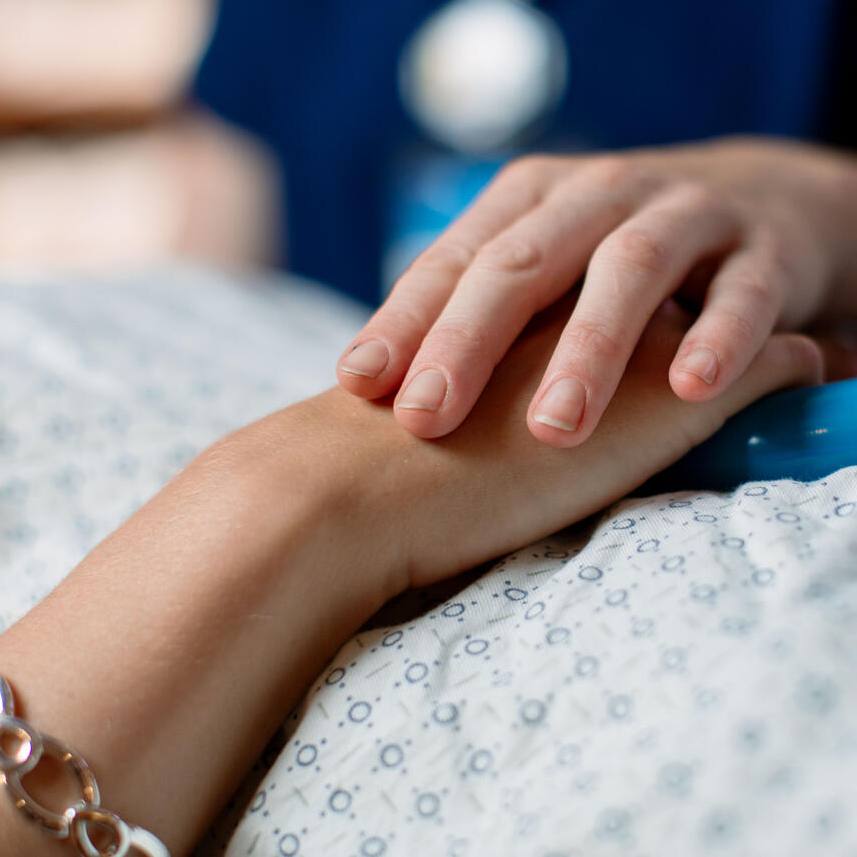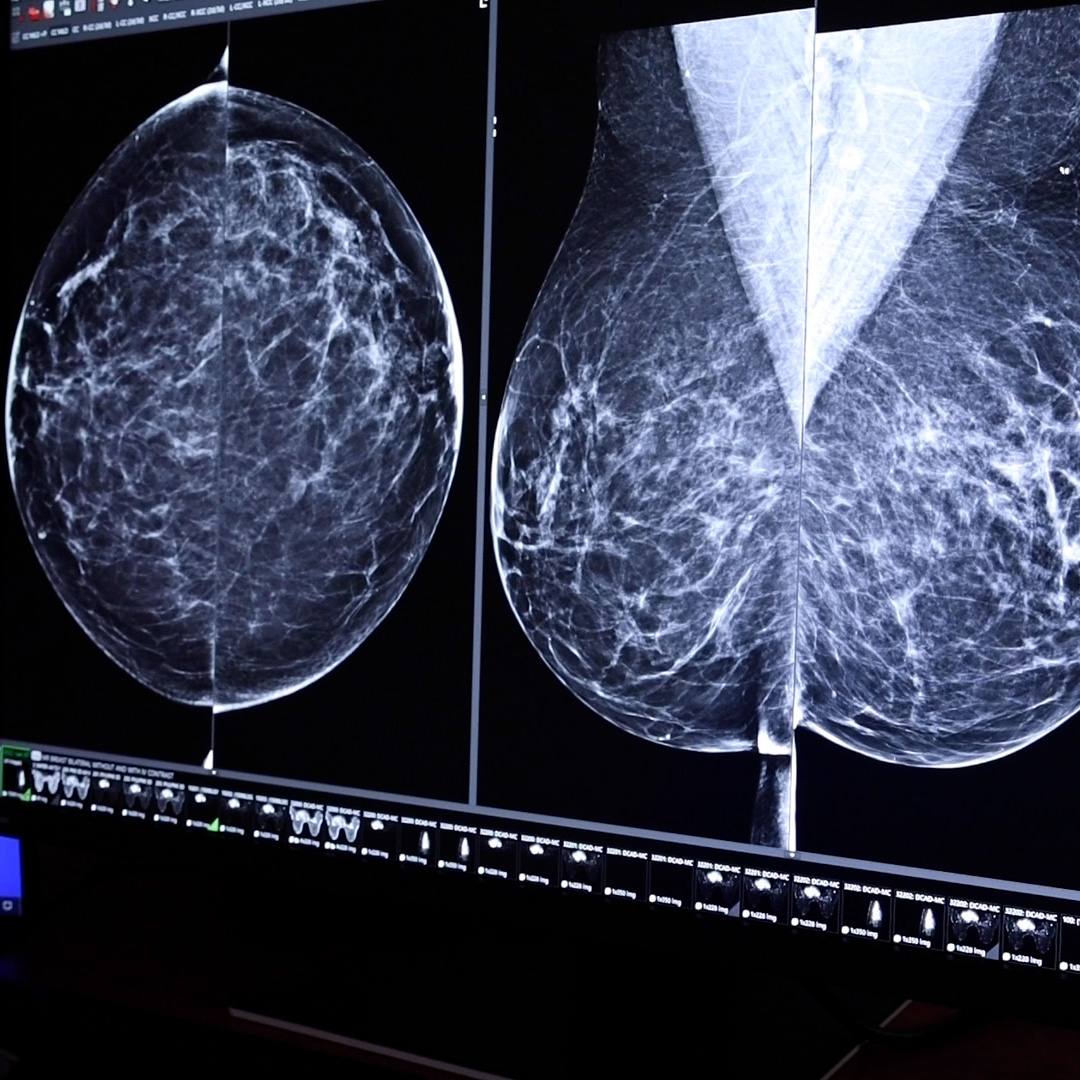July is National Fibroid Awareness Month. Black women in the U.S. are up to three times more likely than white women to develop uterine fibroids. While noncancerous, fibroids can cause painful and excessive uterine bleeding, interfere with everyday life and self-image, and affect fertility.
Symptoms can vary and so can the size and location of the fibroids, says Dr. Michelle Louie, a Mayo Clinic gynecologic surgeon and fibroid specialist. She says treatment options are available and you don't need to suffer with symptoms.
Journalists: Broadcast-quality video pkg (1:04) is in the downloads at the end of the post. Please courtesy: "Mayo Clinic News Network." Read the script.
A fibroid is a benign or noncancerous growth of the muscle portion of the uterus. Fibroids are most often diagnosed in those between 20 and 40 years of age.
"They're certainly more common in people of African descent," says Dr. Louie.
And fibroids don't often come in sets of one.
"The majority of women do have more than one fibroid, especially women of African descent. They are more likely to have more numerous fibroids and larger fibroids," Dr. Louis says.
Symptoms that might require treatment include a heavy or prolonged period — "if you're changing a pad or a tampon every hour, if you're not able to go to work or do your normal activities," says Dr. Louie.
Or when fibroids get so large and begin to exert pressure on the bladder or colon, and cause difficulty with urination, frequent urination or difficulty passing bowel movements.
Then it's time to seek help. Treatment depends on the size and location of the fibroids. Dr. Louie says she wants patients to know options are available.
"Help is available, and we can help them achieve a higher quality of life. And they don't have to suffer from fibroid-related symptoms," she says.
Related posts:
- "Mayo Clinic Minute: Can uterine fibroids affect pregnancy?"
- "Mayo Clinic Q and A: What are fibroids?"







